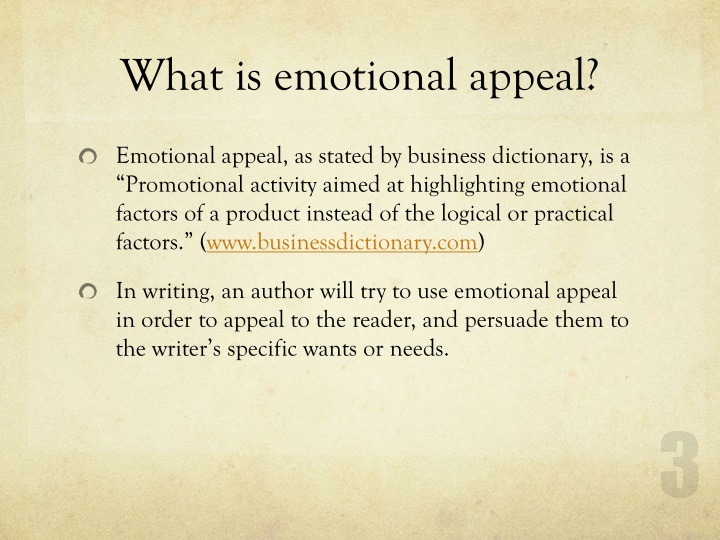The Grammar Debate: Why ‘How’s You?’ Triggers Us, But Understanding Its Emotional Appeal
Regional Expressions Have Cultural Value
While “How’s you?” breaks the rules of formal English grammar, this casual expression reflects the speech patterns of certain regions and communities. As languages naturally evolve over time through cultural exchange and regional influences, variations from standardized rules can still serve important social functions. regional linguistic expressions cultural significance

The Heart of Communication is Human Connection
Beyond strict adherence to rules, the primary purpose of language is connection - to relate, show care, and build understanding between people. When used with genuine warmth and good faith between acquaintances, unconventional phrases like “How’s you?” fulfill this role, even if imperfect from an academic viewpoint. casual language human connection social bonding
Finding Balance in Language Debates
Promoting proper grammar is justifiable and important for education. However, we must be careful not to elevate rigid rules above natural human tendencies towards creative, informal expression. An open and thoughtful discussion of these issues can help resolve conflicts by recognizing multiple valid perspectives. nuanced language debate balancing prescriptive descriptive approaches
The Value of Cultural Identity and Regional Pride
Variations in dialects and colloquialisms across communities strengthen cultural identity and local pride. While standardization has benefits, dismissing alternate forms as “wrong” risks erasing unique regional heritage. Accepting a diverse linguistic landscape enriches our understanding of different lived experiences. cultural identity linguistic diversity regional pride nuanced language attitudes
An Opportunity for Deeper Understanding
Dialogue around perceived grammatical “errors” presents a chance for insight. Dissecting why certain usages provoke strong reactions can reveal deeper beliefs about social norms, education priorities and power dynamics in language. With open minds, these discussions foster self-awareness and connection between various groups. language debate as opportunity for understanding differing perspectives social dynamics
Moving the Conversation Forward in a Constructive Way
When grammatical debates grow heated, it’s easy to talk past each other without listening. To make progress, we must speak respectfully, acknowledge complexity on all sides, and find areas of shared values like clear communication. Ultimately promoting understanding over “being right” leads to the most positive social and educational outcomes. constructive debate resolving conflicts mutual understanding shared goals
Looking beyond Surface Issues to Deeper Connections
Below surface disagreements on usage, most language users have compatible goals of connection and expression. By focusing less on perceived errors and more on building relationships across perceived divisions, divisive debates give way to appreciation of diversity and thoughtful solutions balancing various priorities. looking past surface disagreements to common goals and connections
Continuing the Conversation to Foster Understanding
Overall this discussion highlights gaps between prescriptive grammar rules and natural linguistic phenomena, and tensions between standards and diversity. With open-minded dialogue, more nuanced positions can emerge that honor both. This debate merits ongoing reflection to strengthen community, education, and how we think about language evolution. need for ongoing respectful dialogue to gain new perspectives bridge differences progress understanding
